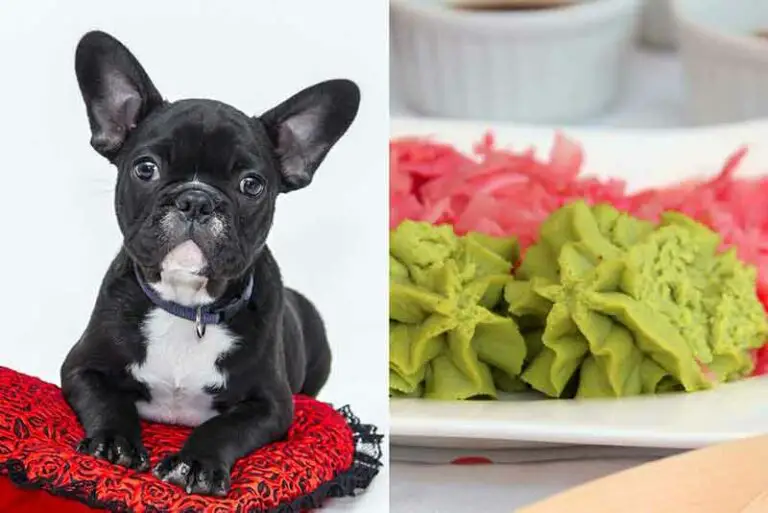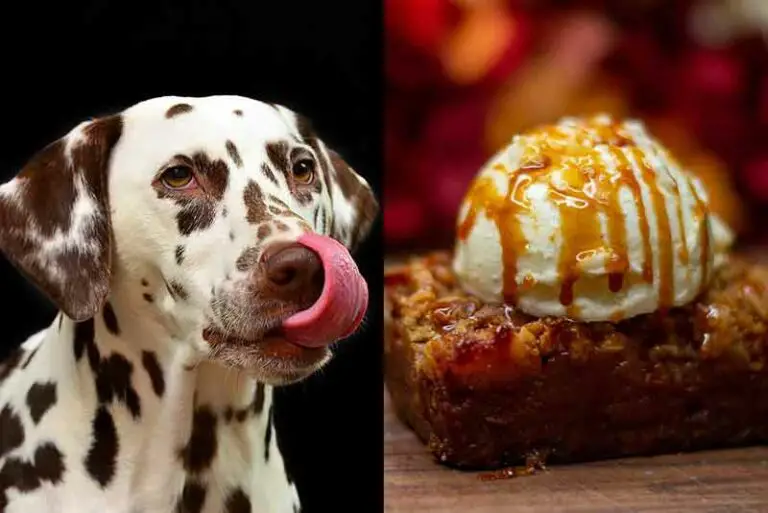My Dog Licked Raw Chicken Juice – What Will Happen?
Dogs are known to be reckless and messy eaters. As a dog owner, I’m sure you always worry about what I should feed him and what I shouldn’t. Recently, I was asked whether it is fine if a dog licked raw chicken juice or not.
Since dogs get into trouble by eating anything they find, I thought it would be better to share some valuable insights.
So, what would happen if a dog licked raw chicken juice? If some raw chicken juice is spilled, I’m sure that a dog won’t think twice before licking it off. But it is not something you need to take seriously. Dogs have a robust digestive system that can easily digest raw chicken juice or meat. However, there is a possibility of having bacterial infections or related issues. If you notice any behavioral or physical changes within 48 hours, it is best to meet the vet.
Having a dog as a pet is a huge responsibility. You have to be attentive to ensure that they won’t be harmed or injured.
Therefore, keep reading and find out answers for the well-being of your four-legged furry friend.
What happens if a dog eats raw chicken juice?
What would be the result if your dog licked raw chicken juice? Will it be a massive disaster? What should you do if this ever happens?
Let’s say that your dog licked raw chicken juice. You must be grossed out and worried. Most of the time, this won’t be a big issue. A dog’s digestive system can digest raw chicken juice without much trouble.
But there can be some problems. As we know, raw meat like chicken contains a lot of harmful bacteria. So after eating raw chicken juice, this bacterias enter the body and can cause diseases.
Luckily, even if these microbes are ingested, they get destroyed in the gastrointestinal tract of the dogs. There are three primary mechanisms to eliminate these harmful bacteria in the gastrointestinal tract.
Their saliva has antimicrobial properties. It contains enzymes that can destroy bacteria. So it can fight off harmful bacteria like salmonella, just as any mammal dog’s stomach is highly acidic. With a pH of around 1, bacteria get broken down as they reach the stomach.
Finally, their digestive tract is shorter compared to other animals. So they can quickly process food. Because of this, bacteria will spend less time on the GI tract, so there will be a slight risk of infection.
Because of the above reasons, dogs won’t get infected easily. But in some instances, microbes won’t get destroyed entirely and can make your animal ill.
What can you do? For 48 hours, you need to pay attention to your dog looking whether there are any symptoms. You can be wary about gastrointestinal tract disease symptoms like vomiting, nausea, and diarrhea.
There will be behavioral changes. He will be lethargic and not being active as before. If your dog doesn’t show these symptoms, there is no need to worry.
And if he is, you would have to take him to a veterinarian and ensure that he gets proper treatment.
If he shows any symptoms, you will have to be careful with your dog because the feces and saliva of dogs can be contaminated with salmonella.
So if you get contacted with them, you will also get infected. So make sure your dog doesn’t lick you and always wash your hand.
Keeping elders and young ones away from the dog at least for 48 hours will be sufficient.
Can dogs have the juice of a chicken?
Yes, dogs can have chicken juice. But it’s not advisable to use it as a food. You can not feed your dog Chicken juice.
It’s probably not the most hygienic thing for a dog to eat. But if your dog licked raw chicken juice or ate a small amount, it would be okay in most cases. Dogs mostly do not get sick after consuming chicken juice.
Can dogs get Salmonella from raw chicken?
Yes, of course. Dogs can. Meat can act as a suitable growth medium for microbes. It has all the conditions bacterias need to grow. Such numerous bacterias like salmonella can grow on raw meat.
This is why we never eat any uncooked meat or fish as humans. If we do, these bacterial infections will make us ill.
Like any other raw meat, raw and uncooked chicken can carry abundant salmonella bacteria.
When this raw chicken is ingested, this bacteria can cause food poisoning making our dogs sick. But the probability is much lower.
What happens if a dog eats raw chicken skin?
I can say that it will be the same as eating raw chicken juice. The chicken skin also can be the home for bacteria like salmonella, similar to natural chicken juice.
The raw chicken skin carries microbes that can enter the gastrointestinal tract and cause allergies and food poisoning.
There will be low risk in most cases because most of the bacteria will get destroyed in the stomach.
But in some instances, your dog can get infected with diseases like salmonella. So you would have to keep that in mind.
Final thoughts
In summary, I can say that it’s not advisable to let your dog eat raw chicken juice, raw chicken, or raw chicken skin. You should avoid that as much as possible.
If your dog has licked raw chicken juice or eaten raw chicken skin, There is no need to panic. What you would have to do is monitor the dog carefully. Look for any symptoms. If there are any, take the dog to the veterinarian. That will be the best way to deal with this.
Your pet is your responsibility. If you can give it your attention and ensure these kinds of things won’t happen, that will be great. Then you will not have to worry and be stressed.
I hope this article cleared your doubts about what happens and what to do if a dog licked raw chicken juice. Let’s care for our furry friends since they can’t do it themselves.
Stay tuned with Jack Russell Owner for more interesting posts about your favorite dog breed. I’ll see you next time.

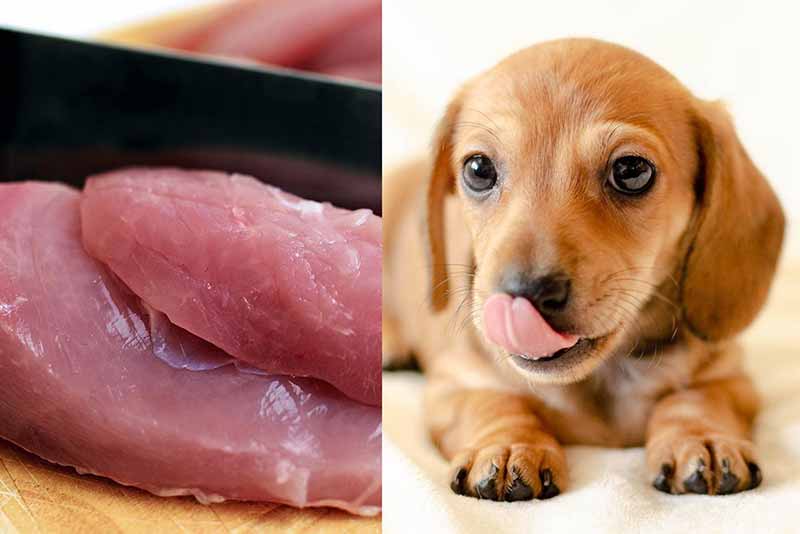

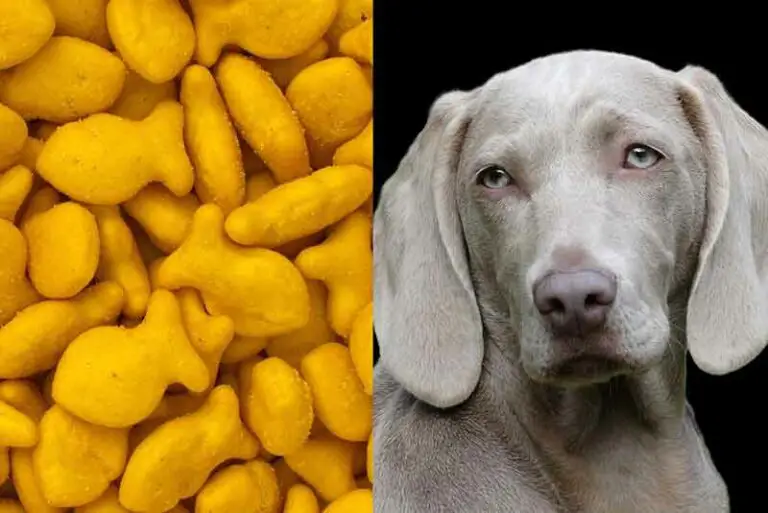
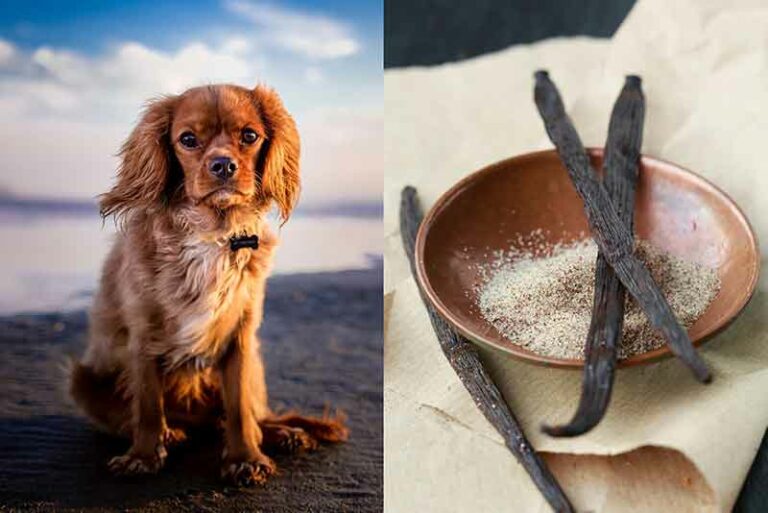
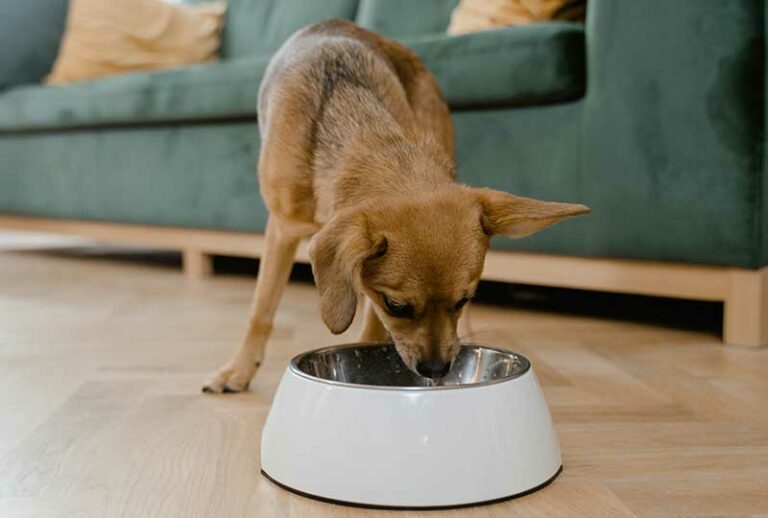
![Can Dogs Have Mushroom Soup? [Is It Safe To Eat Or Toxic]](https://jackrussellowner.com/wp-content/uploads/2023/11/Can-Dogs-Have-Mushroom-Soup-Is-It-Safe-To-Eat-Or-Toxic-768x512.jpg)
